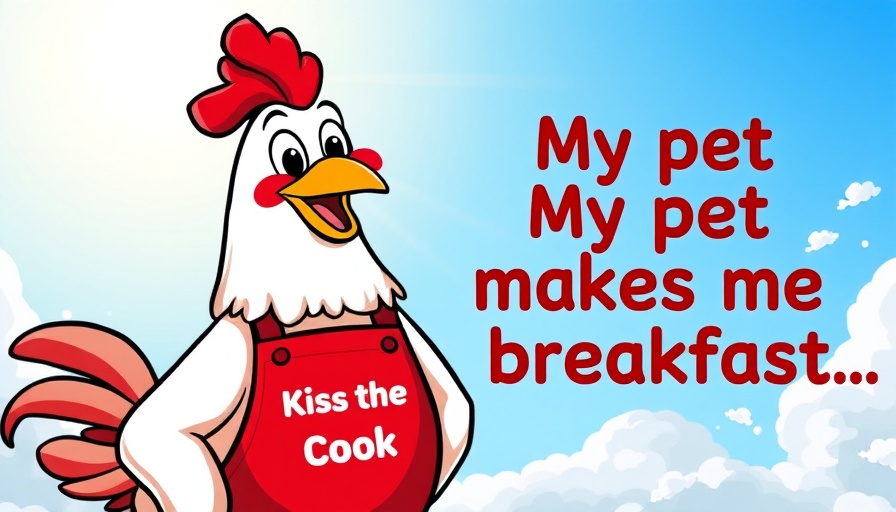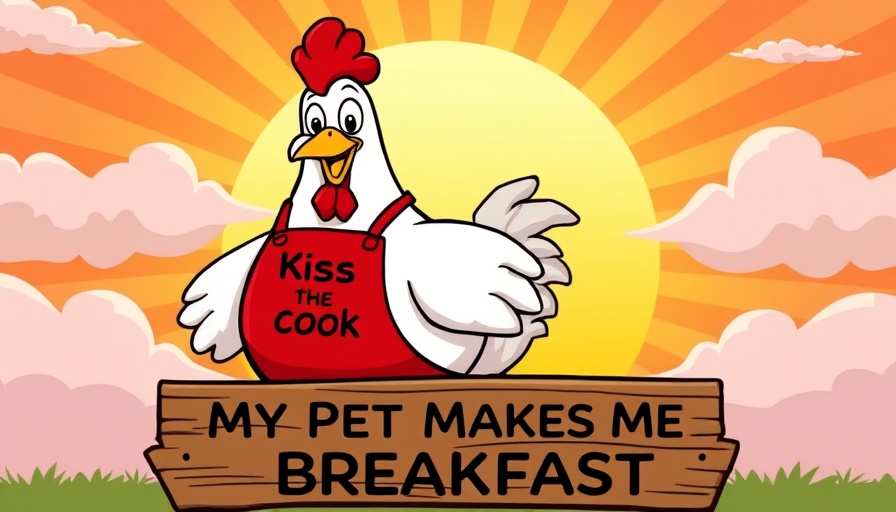
Understanding the Vulnerability of Backyard Chickens
As an avian veterinarian with years of experience treating sick birds, it’s crucial to remember that chickens, like all animals, can experience health issues that need immediate attention. Common symptoms like decreased activity and changes in egg production can signal underlying illness. Therefore, as a chicken keeper, you must be vigilant and responsive to any changes in your flock's behavior.
Identifying Early Signs of Illness
Hens may not exhibit obvious signs of discomfort at first, often hiding their symptoms due to instinctual survival behavior. Typical signs of a sick chicken include:
- Isolating themselves from the flock
- Pale comb or wattles
- Unusual droppings
- Loss of appetite
Consequently, it’s essential for you to routinely check your birds for these signs. Keeping a close eye on your chickens will aid in early diagnosis.
Immediate Steps for Treating a Sick Chicken
If you notice any of the aforementioned symptoms or if your chicken seems lethargic, the first step is to isolate her immediately from the rest of the flock. Isolating prevents the potential spread of illness and minimizes stress on the affected bird. It’s also vital to provide a warm, quiet environment, away from the usual hustle and bustle of the coop.
Importance of Hydration and Nutrition
Next, hydration becomes your top priority. Sick chickens often neglect drinking, which can exacerbate their condition. Providing fresh, clean water is essential; adding electrolytes or vitamins can aid recovery. Additionally, tempting the bird to eat through mash made from layer feeds can help if she’s not eating on her own. Just remember to keep it simple to avoid shocking their system.
Reintegration After Recovery
Once your chicken heals, reintegration into the flock should be approached with care. It can be beneficial to perform introductions in a controlled manner just as you would with new chickens. This step is vital for re-establishing the flock dynamics and ensuring peace among all birds.
Preparing for the Worst
Despite our best efforts, sometimes chickens do not recover. It’s heartbreaking to consider euthanasia; however, it can be a humane choice to relieve suffering. Consulting your veterinarian can guide you through this difficult decision while ensuring the well-being of your flock remains a priority.
To safeguard the health of your chickens long-term, establish a first-aid kit, remain vigilant for early signs of illness, and maintain a clean and supportive living environment. Your preparation today can lead to healthier, happier flocks tomorrow.
 Add Row
Add Row  Add
Add 




Write A Comment